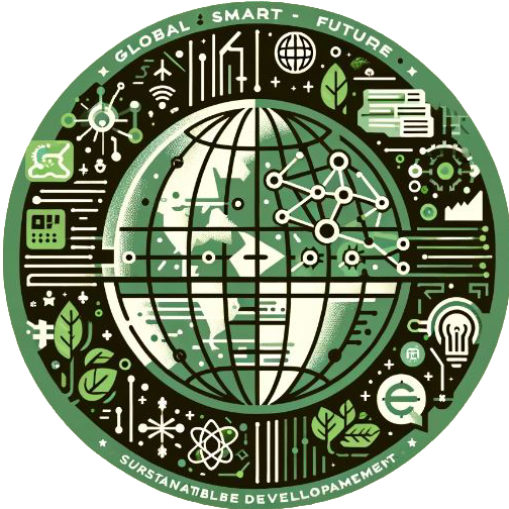GSF › Forums › Mang Den Forum › Key Information for Mang Den Project Development
- This topic is empty.
Viewing 1 post (of 1 total)
-
AuthorPosts
-
2024-07-29 at 9:07 am #224
Do Kyong Kim
Keymaster1. Geographic Information
- Location: Mang Den is a major town in Kon Tum province, located in the Central Highlands of Vietnam.
- Climate: Mang Den has a mild climate with distinct four seasons, making it ideal for agriculture and tourism.
- Terrain: The area features flat terrain and abundant water resources, favorable for agricultural development.
2. Economic Information
- Main Industries: The economy of Mang Den relies heavily on agriculture and forestry, with tourism gradually growing.
- Economic Potential: The cultivation of high-value crops and the development of tourist attractions are expected to boost the local economy.
- Transport Infrastructure: The road network is well-developed, and future airport development will enhance accessibility.
3. Tourism Information
- Natural Scenery: Mang Den boasts beautiful forests and lakes, suitable for ecotourism and adventure tourism.
- Tourist Attractions: Major attractions include Mang Den National Park, various waterfalls, and trekking routes.
- Tourism Development Potential: The region has promising potential for developing eco-friendly tourism leveraging its climate and natural landscapes.
4. Agricultural Information
- Main Crops: Key crops include coffee, tea, sweet potatoes, and various vegetables and fruits.
- High-Value Crops: There is potential for cultivating high-value crops such as ginseng, cinnamon, bamboo, and cherry blossoms, which can increase farmers’ income.
- Agricultural Technology: Introducing advanced agricultural technologies and education can improve productivity and promote sustainable agriculture.
5. Educational Information
- Educational Infrastructure: Mang Den currently has basic educational facilities, but there is a need for specialized programs in Korean language and agricultural technology education.
- Educational Collaboration: Collaboration with Korean universities and research institutions can enhance local education and train skilled professionals.
- Cultural Exchange: Establishing a Korean language education center and cultural exchange programs can foster cultural understanding and exchange among local residents.
-
AuthorPosts
Viewing 1 post (of 1 total)
- You must be logged in to reply to this topic.
